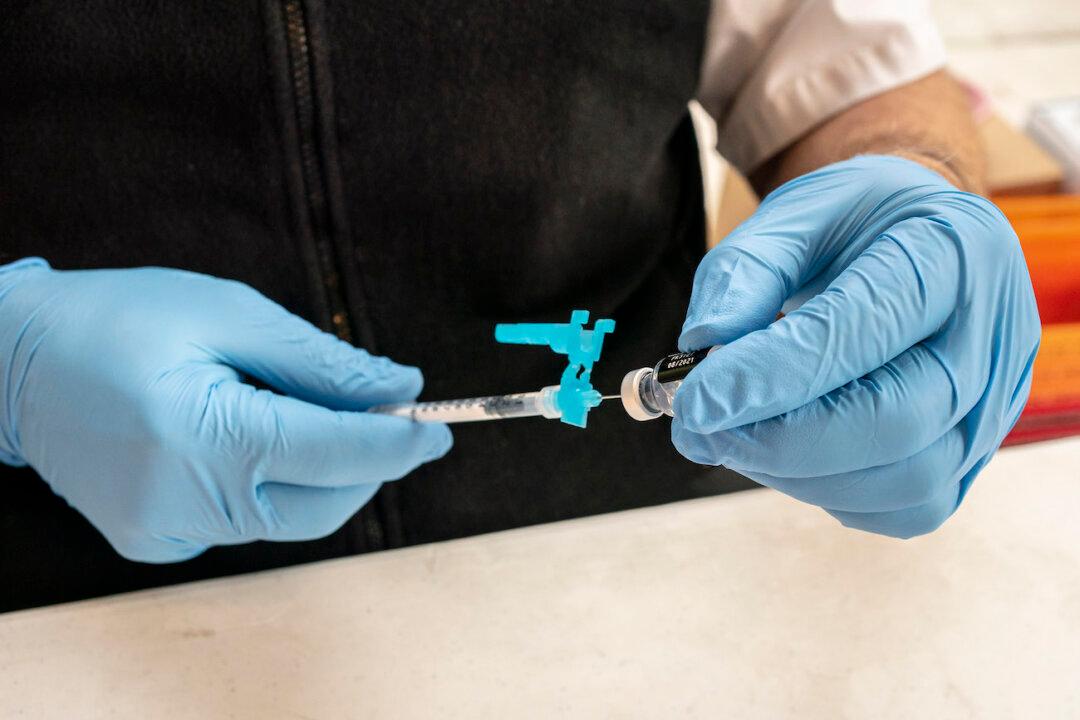Pfizer and BioNTech have completed an application for emergency use authorization (EUA) to the Food and Drug Administration (FDA) for a three-dose COVID-19 vaccine regimen for children aged 6 months to under 5 years old.
Pfizer announced the completion of its EUA application on Wednesday, reported multiple outlets.





